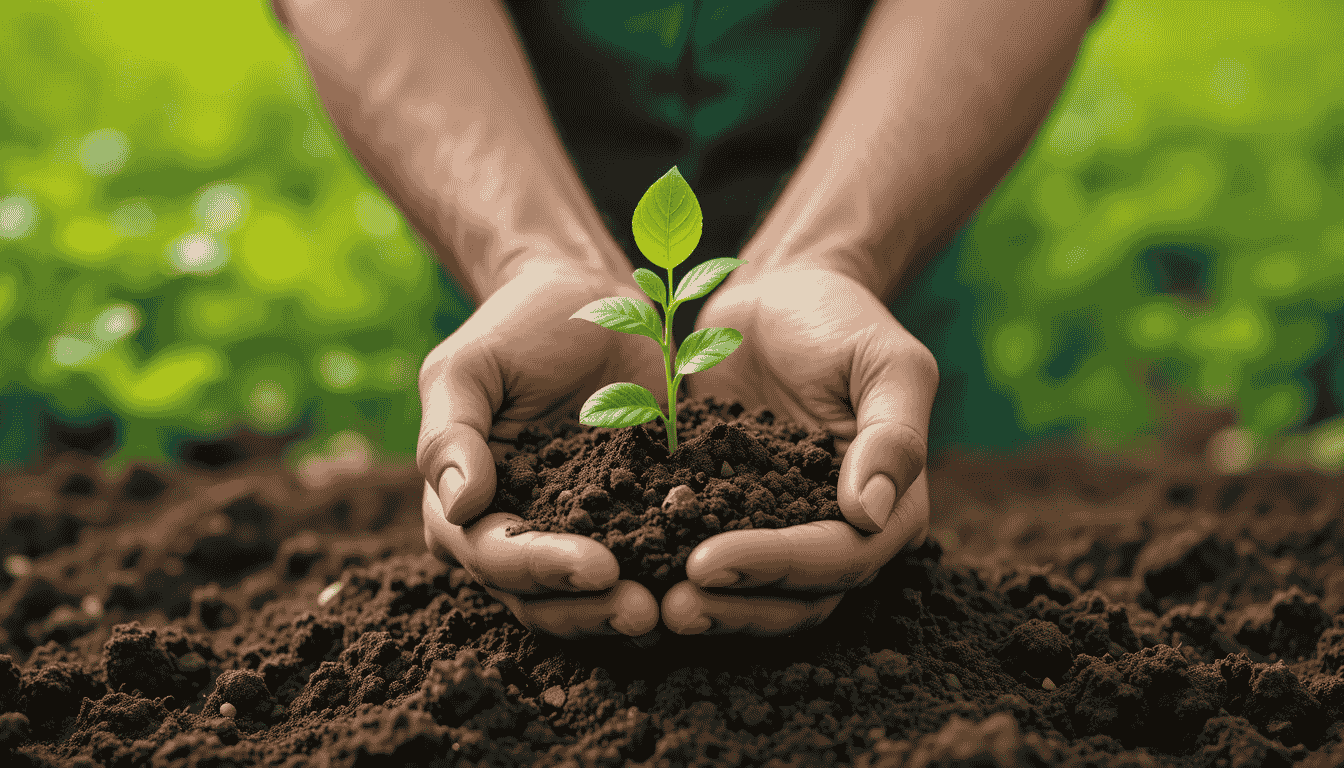
With global issues like soil erosion, water shortages, climate change, and a growing population every day, sustainable agriculture has never been more important. It is not farming, per se—it is a long-term food crop production strategy that will provide for the needs of today without compromising future generations’ ability to provide for their own.
At Yogi Adventure, we understand that sustainable agriculture is at the forefront of providing food security, maintaining the environment, and enhancing rural economies in the 21st century.
What is Sustainable Agriculture?
Sustainable agriculture is agriculture that focuses on environmental health, economic profitability, and social equity. This encompasses the healthy management of natural resources like soil, water, and biodiversity, and minimizing dependence on synthetic inputs such as
chemical fertilizers and pesticides.
As opposed to industrial farming practices that tend to drain natural resources, sustainable agriculture practices emphasize soil renewal, diversification of crops, integrated pest control, and the use of renewable energy. These practices not only lead to greater productivity in the long run but also protect the agri-supporting ecosystem.
Major Advantages of Sustainable Farming
- Protection of the Environment: Sustainable farming causes less damage to the environment by preventing greenhouse gas emission, improving the structure of the soil,
and minimizing water usage.Practices such as crop rotation, no-till, and organic Composting is are lower-carbon-footprint practices that contribute to healthier environments. - Improved Quality and Safety of Food: Plants that are produced through sustainable Methods have lower chemical residues and more attention to the health of the plant and soil, thus making them safer and healthier food to be consumed.
- Financial Viability for Farmers: By lowering dependence on costly inputs and improving soil quality organically, sustainable practices help farmers to have more income in the long term. Moreover, promoting local and organic markets stimulates rural incomes as
well as the resilience of the food system. - Climate Change Adaptation: Sustainable agriculture allows farmers to adapt to climate-related threats by diversifying crops, conserving water, and enhancing naturalresistance to diseases and pests.
Conclusion
Since the world is still grappling with unprecedented agricultural and environmental issues,
Taking up sustainable agricultural practices is not a choice but a necessity now.
Sustainable agriculture is a long-term solution for food security, environmental conservation,
and economic development simultaneously.
By lending support and protecting sustainable farming, we are on the right track for introducing
a healthier world and a greener food economy to the world.